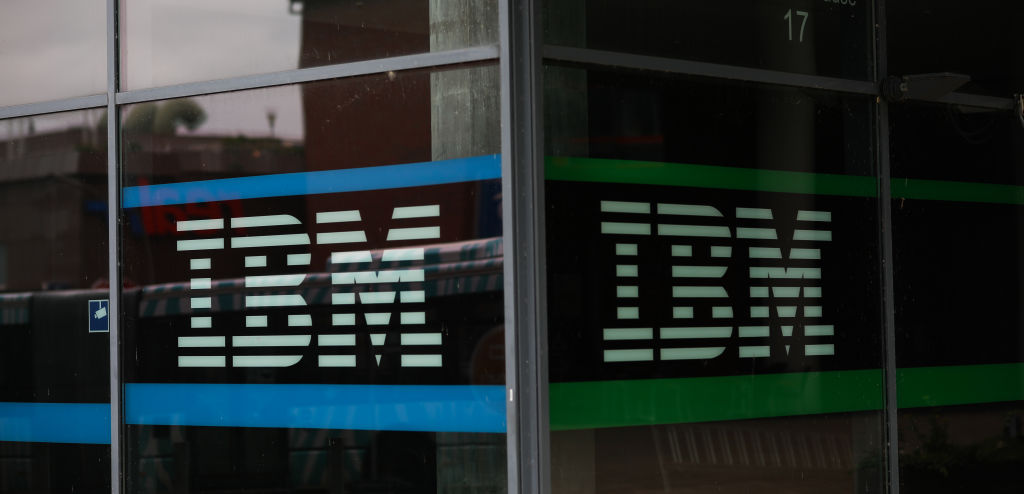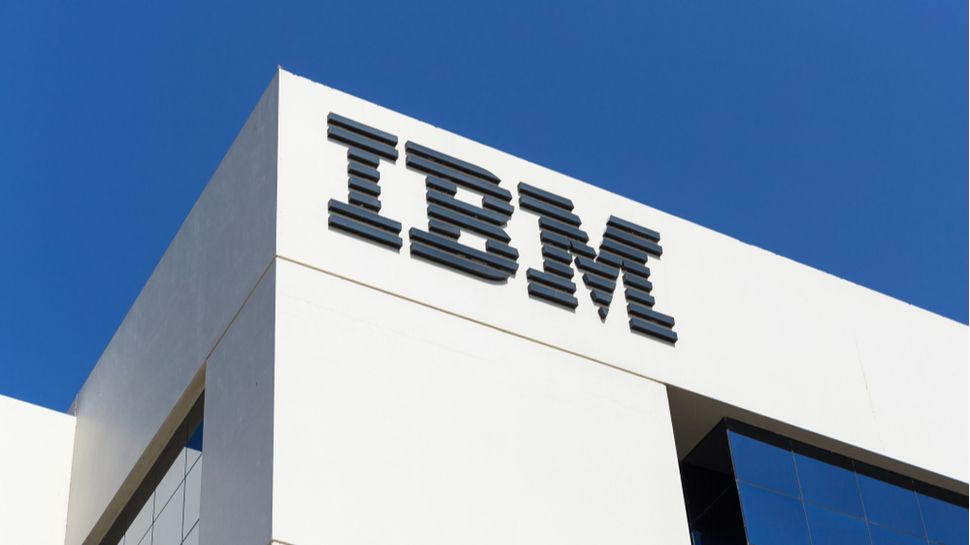
IBM made a strategic shift away from being solely a cloud infrastructure vendor years ago, recognizing its inability to compete with giants like Amazon, Microsoft, and Google. Instead, it pivoted towards helping IT departments navigate complex hybrid environments, leveraging its financial resources to acquire a slew of high-profile companies.
This journey began with the $34 billion acquisition of Red Hat in 2018, followed by the Apptio acquisition last year. This trend continued on Wednesday with IBM’s announcement of its $6.4 billion acquisition of cloud management vendor HashiCorp.
With HashiCorp, IBM gains access to a suite of cloud lifecycle management and security tools, as well as a company experiencing faster growth than any other IBM business. While HashiCorp’s revenue remains relatively small by IBM’s standards — $155 million last quarter, up 15% from the previous year — it represents a significant and growing asset for IBM’s expanding portfolio of hybrid cloud solutions.
IBM CEO Arvind Krishna emphasizes the value of HashiCorp’s capabilities in driving the company’s hybrid strategy into the AI era. He sees HashiCorp as adept at managing the complexity of modern infrastructure and application environments.
HashiCorp made waves last year with a change in the license for its open-source Terraform tool, sparking some controversy within the open-source community. Now, as part of IBM, it remains to be seen how this approach will evolve.
Interestingly, Red Hat, also under IBM’s umbrella, faced similar scrutiny last year when it altered its open-source licensing terms. The alignment of these companies, both in terms of software offerings and evolving perspectives on open source, is notable.
This week, IBM introduced the Infrastructure Cloud platform, further expanding its hybrid cloud product catalog. While this release didn’t introduce significant new functionality, it unified offerings under a single umbrella, streamlining sales and marketing efforts.

Great news!